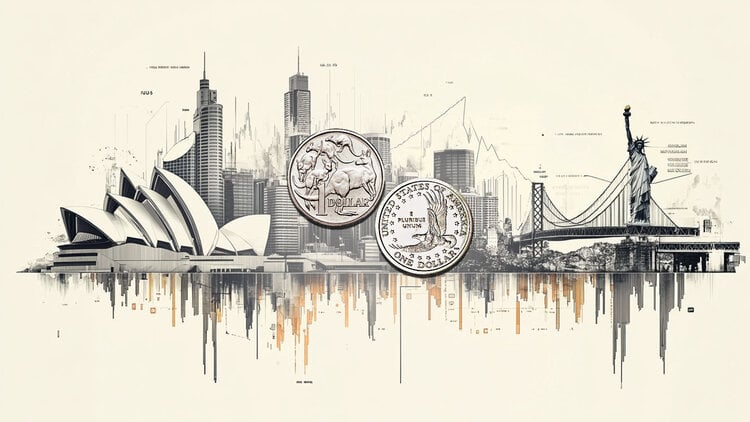Throughout the World Economic Forum, in Davos, which ended this Friday (20), terms such as “fragmentation of the global economy”, “economic uncertainty” and “the year of inflation” were frequent in the discussions.
While many executives and economists adopted a more optimistic tone, global leaders were concerned about the economic outlook.
The director of the International Monetary Fund (IMF), Kristalina Georgieva, for example, summed up the feeling of global leaders: the perspectives are less gloomy, but there is no reason for euphoria.
For the IMF, the global economy should grow 2.7% this year. “By far, nothing fabulous. It is the lowest rate in decades after the global financial crisis and Covid,” said Georgieva.
The meeting, which began with a report that dubbed this decade the “turbulent 20s” and the “polycrisis era”, ends with new variants of Covid-19 and new viruses, high interest rates, poverty, war in Ukraine and climate change in the radar.
China
In addition to the aforementioned risks, a new problem stood out and was widely mentioned by Christine Lagarde, president of the European Central Bank (ECB): inflationary pressure with the reopening of China.
“There will be inflationary pressure on many of us. Simply because the level of energy consumed by China last year is certainly less than what they will consume this year, and the amount of energy they will buy will be greater,” he warned.
So far, power supply has held up in Europe, and the US and China are engaged in diplomatic relations — Treasury Secretary Janet Yellen and Chinese Vice Premier Liu He met in Zurich on Wednesday. -Friday (18).
China’s removal of tight coronavirus restrictions late last year is also expected to trigger a spending spree that could offset economic weakness in the United States and Europe.
Climate changes
The French economy minister, Bruno Le Maire, makes clear some contradictions of the event. First, he gave a speech defending Europe.
But when asked if he was creating a version of America First — a kind of Europe First — raised what may be one of the few themes that unites the world today: “The key issue is not China first or the United States first, or Europe first. It’s the weather first.”
Climate change may be a point of consensus, but the IMF director highlighted the risk of the world focusing on the environment and forgetting less well-off countries. “If we go on strike to clean up the industrialized world, without first thinking about emerging markets, we will have big problems,” said Georgieva.
The UN Secretary-General accused fossil fuel producers and their financiers of “rushing to expand production, knowing full well that their business model is inconsistent with human survival”.
Speaking in Davos on Wednesday (16), António Guterres said that the commitment to limit global warming to 1.5 degrees above pre-industrial levels was “going up in smoke”.
“We are flirting with climate disaster. Every week brings a new climate horror story,” he said.
Swedish activist Greta Thunberg also went to Switzerland and delivered a “cease and desist letter” to fossil fuel CEOs – signed by more than 800,000 people.
With the debate on climate change in evidence, Marina Silva was treated as an illustrious presence. Even with the timid presence of Latin America in the forum, Fernando Haddad, Marina and Brazilian governors who passed through Davos had full agendas and several bilateral meetings.
Upbeat tone, especially about Brazil
As the leaders in Davos show, there are still questions about how to proceed in this new global order in a more fragmented world after the pandemic, war in Ukraine and tension between China and the United States. But the general tone is one of optimism among executives and economists.
In times of high inflation, Lagarde and her peers spoke about the importance of monetary policy, fiscal policy and public accounts working together to combat the imminent crisis in most countries.
In addition, Larry Summers, former Secretary of the Treasury of the United States, points out that “it is essential to increase the levels of support that are being provided by international institutions”, he said in an interview with CNN .
Regarding Brazil, the concern at the beginning of the forum with the attacks on the Three Powers has dissipated. The fear about the direction of the public accounts was recurrent in the agendas about the Lula government.
Summers, however, said he was “hopeful that the new government in Brazil will usher in a great period for the economy. The country has enormous potential and I think there is a prospect of realizing it”.
*With information from CNN International
Source: CNN Brasil
A journalist with over 7 years of experience in the news industry, currently working at World Stock Market as an author for the Entertainment section and also contributing to the Economics or finance section on a part-time basis. Has a passion for Entertainment and fashion topics, and has put in a lot of research and effort to provide accurate information to readers.







